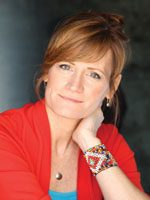 |
Part I. The Impact of Emotions on Learning
9:00 - 10:30 am
Just about every decision we make has some emotion linked to it - and what is learning if not a series of decision-making? Whether we are talking about fear and anger, or blissful joy, emotions can impact how and what we learn. Although we all know how we physically respond to emotional events, there are equally compelling mental responses to such events. You will discover how emotions can impact cognition and learning, learn ways to help students productively deal with emotional responses that could derail learning if left unchecked and discover some planning principles that result in increased positive emotions in the classroom.
Margaret C. Glick, MEd, Instructor on Cognition and Brain Development, University of La Verne; Educational Consultant, International Center for Leadership in Education (ICLE) and Cognitive Solutions; Co-Author, The Instructional Leader and the Brain (2011)
|
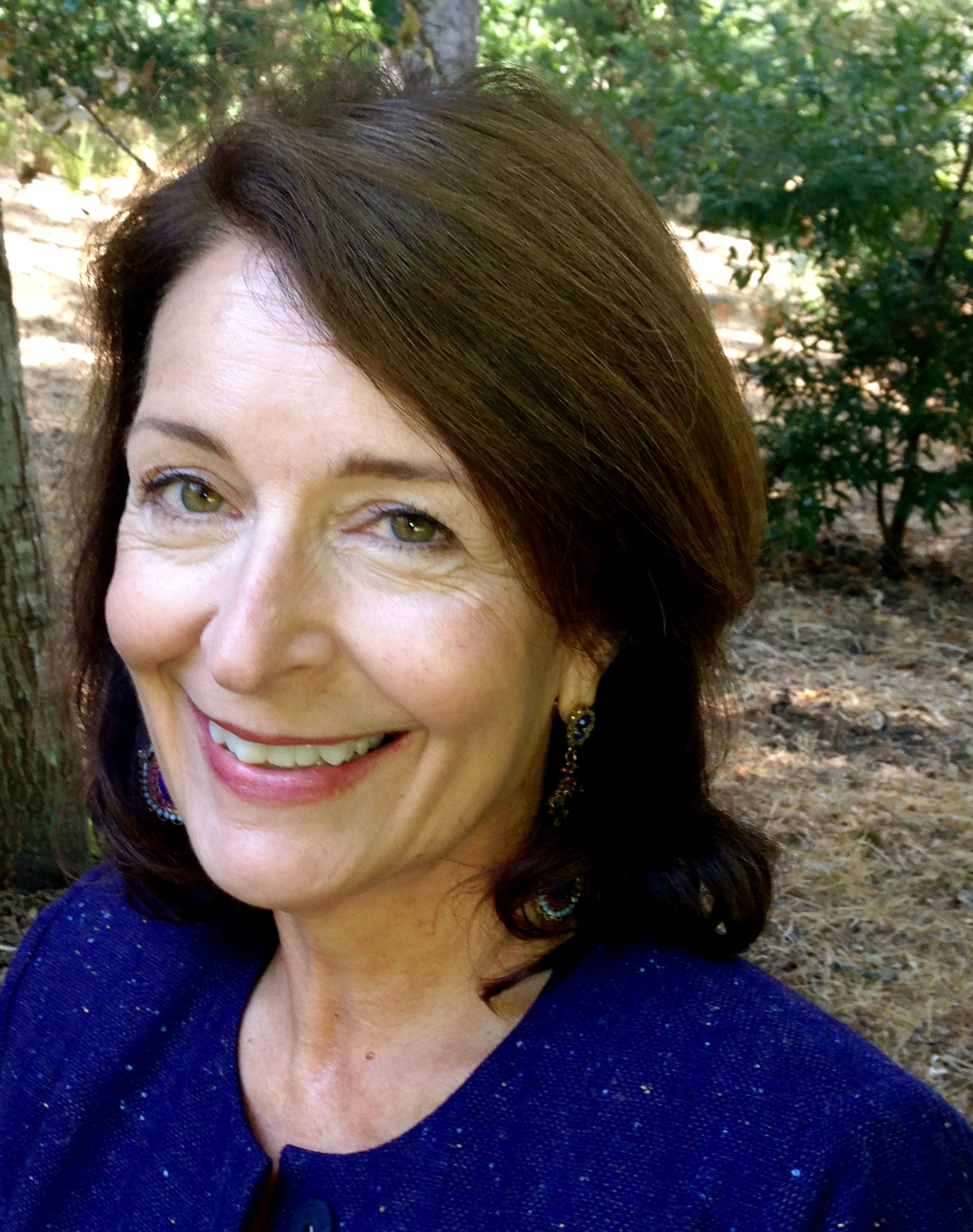
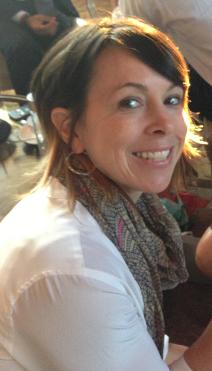 |
Part II: Social-Emotional Learning for Our Students and Ourselves: Group Dynamics and Self Awareness
10:30 am - 12:00 pm
Social and Emotional Learning (SEL) is fundamental to the interactions of children for vibrant and creative learning experiences and essential to meaningful education today. In this workshop, you will actively explore a variety of concepts, teaching practices and imaginative lessons that engage our students as they develop social and emotional acuity. We will experience group-building practices that maximize a toolbox of SEL skills, and explore the power of designing our teaching to embrace vital questions, visual and kinesthetic metaphor and reflection. Our focus will be to bring about connection, resilience and joy within the classroom and school community, creating a more integrated SEL dynamic for our children and our selves.
Janice Toben, MEd, Co-Founder, Institute for Social-Emotional Learning; Former Director, Social Emotional Learning Program at The Nueva School, whose teaching was featured along with Daniel Goleman in the video, Emotional Intelligence: A New Vision for Educators (2012, National Professional Resources); Consultant and Co-designer for the educational video game company, If You Can (Ifyoucan.org) that engages 8-10 year olds in the use of self-awareness and conflict resolution tools; and
Rush Sabiston Frank, MS, Facilitator, Institute for Social-Emotional Learning; Counselor, The Upper School at Marin Country Day School; Open Session Program Consultant for Bay Area Schools in the field of Social and Emotional Learning, helping schools promote healthy, open and supportive school climates; Former SEL Teacher at The Nueva School
|
|
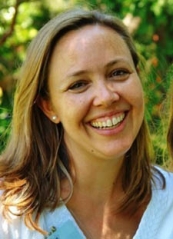 |
The Science of a Meaningful Life for Students and Teachers
Part I: The Science of a Meaningful Life for Students
Helping students cultivate meaningful lives is one of the noblest aspects of teaching—and one of the most challenging given today’s focus on academic achievement. Science also suggests that ignoring this aspect may be one of the main causes of the skyrocketing rates of anxiety, depression, and other stress-related illnesses amongst children and teens. Drawing on cutting-edge research from psychology, sociology, and neuroscience, Dr. Zakrzewski will highlight during the first part of this workshop the strong connections between the cultivation of a meaningful life and student success and provide research-based tips for fostering positive skills and emotions such as hope, gratitude, and awe that teachers can use to help their students create meaningful lives.
Vicki Zakrzewski, PhD, Education Director, Greater Good Science Center, University of California, Berkeley; Former Teacher; Researcher who has studied under Dr. Mihaly Csikszentmihalyi; Author, "Why Teachers Need Social-Emotional Skills" (2013, Greater Good Science Center)
|
 |
Part II: Mindfulness in Education for Students and Teachers
Research on mindfulness has grown exponentially over the past decade and mindfulness practices are increasingly being introduced into various sectors of society including medicine, business and school settings. This presentation will provide background on mindfulness, offer a review of educational research, experiential practice, and an overview of curriculum practices currently being used in research at University of Wisconsin-Madison and resources available to help teachers and students deal with stress.
Lisa Flook, PhD, Scientist, Center for Investigating Healthy Minds, Waisman Center, University of Wisconsin-Madison, whose research focuses on promoting well-being beginning early in life and examines mindfulness practices as a strategy to promote learning and social-emotional skill development in children
|
|
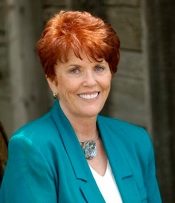 |
3. Positive Discipline in the Classroom
Positive Discipline in the Classroom is a research-based classroom management program that empowers teachers with skills to encourage their students’ social and emotional development to prepare them for successful living while increasing academic achievement. This workshop includes experiential activities to help you get into the child’s world to understand the belief behind the behavior and to then encourage a sense of belonging by involving students in problem-solving skills that create a sense of connection, personal capability, a social consciousness, self-direction, responsibility and mutual respect in the classroom.
Jane Nelsen, EdD, Psychologist; Educator; Author and Co-Author of the Positive Discipline series, including, Positive Discipline in the Classroom: Developing Mutual Respect, Cooperation, and Responsibility in Your Classroom (2013, 4th Edition) and Raising Self-Reliant Children in a Self-Indulgent World (2000, 2nd Edition)
|
|
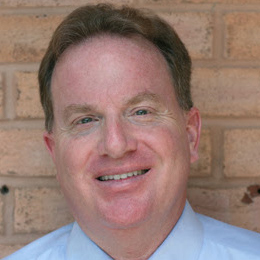 |
4. The Neuropsychology of Emotional Disorders: A Framework for Effective Interventions
Schools can enhance emotional wellness in children through early prevention efforts, appropriate assessment strategies, and an improved school climate to foster emotional growth for all children. Dr. Feifer will discuss the neural architecture of emotional behavior by examining various brain structures laying the foundation for higher-level social skill functioning and will cover specific biological factors related to the development of social competence and emotional self-regulation.
Steven G. Feifer, EdD, NCSP, ABNSP, Adjunct Faculty, Philadelphia College of Osteopathic Medicine; Director of Assessment and Neurofeedback, Monocacy Neurodevelopmental Center; Co-Editor, Emotional Disorders: A Neuropsychological, Psychopharmacological, and Educational Perspective (2010) |
|
 |
5. Preparing Students to Become Critical and Deep Thinkers for Common Core Assessments
The Common Core State Standards require students to use higher-order thinking skills and to become accountable for explaining their thinking and work in all content areas. In this workshop, you will learn powerful and doable strategies for teaching students to develop skills to become learners who can plan, set goals, apply learning strategies, and monitor and self-assess their own learning while making the necessary adaptations to their learning situation. Discover easy-to-implement tips and guidelines to get your students to take responsibility for their learning while increasing the rigor of the work they do in your content area.
Kathleen M. Kryza, MA, CEO, Infinite Horizons; Co-Author, Developing Growth Mindsets in the Inspiring Classroom (2011), Winning Strategies for Test Taking - Grades 3-8 (2009); Differentiating in the Real Classroom (2009), Inspiring Elementary Learners (2008) and Inspiring Secondary Learners (2007)
|
|
 |
6. The Neural Foundation for Math: Using Teaching and Technology to Improve Learning
The perception-action cycle is arguably the heart of cognition and learning. However, the essential ingredients that drive the perception-action cycle, namely interactivity and informative feedback, are too often lacking in educational environments for math learning. Dr. Peterson will describe the perception-action cycle and how to build educational content for math teaching that taps into this important mechanism of the brain.
Matthew R. Peterson, PhD, Neuroscientist; Co-Founder, Senior Scientist and Chief Technical Officer, MIND Research Institute; Creator of the ST Math® instructional software; Former Instructor, University of California, Berkeley and University of California, Irvine;
|










